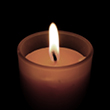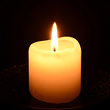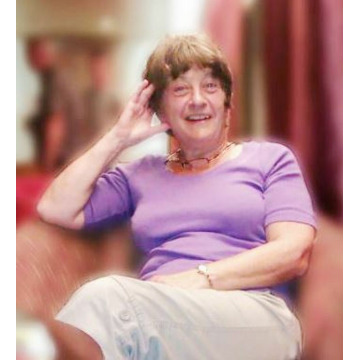LUCKY DUBELucky Dube, killed in an apparent car-jacking on 18 October, 2007, aged 43, was Africa’s best-selling reggae artist.
Bringing African flavours to the genre, Dube established himself as an international artist with highly-politicised lyrics.
He recorded 22 albums, beginning his career with Zulu-roots pop music mbaqanga before moving onto reggae sung in English during apartheid in the 1980s.
Lucky Philip Dube was born on 3 August, 1964, in Ermelo, South Africa.
At school he formed his first group, The Skyway Band, though their career was short-lived as a school master reclaimed the instruments they had borrowed shortly afterwards. When he was 17 he joined his cousin’s mbaqanga band The Love Brothers.
Dube soon became the group’s most prominent song-writer. They were renamed Lucky Dube and the Supersoul and released their debut album, Lengane Ngeyethu, in 1981.
By now he had developed a fascination with the Rastafari movement and although he continued to record mbaqanga albums until 1987, he began to branch out into reggae in 1984 with the four-track EP Rastas Never Die and followed it up with Think About the Children the next year. His recordings were influenced by the styles of reggae luminaries such as Bob Marley, Jimmy Cliff and Peter Tosh.
Dube had learned English in order to deal better with the music industry. By 1987 he was writing entirely in English, with his first full-length reggae album, Slave, signalling the opposition to apartheid which would become one of his key characteristics. Slave sold over 500,000 copies and set Dube on his way to becoming the continent’s most successful contemporary artist.
Despite the censorship of the apartheid era and misgivings on the part of the record company, Dube’s reggae output grew in popularity with Prisoner (1989) breaking the million sales mark within a week and successful tours of America and France helped spread his reputation outside Africa.
By the early 90s he had become the first South African to play at Jamaica’s Reggae Sunsplash festival and had performed with the likes of Peter Gabriel. He achieved another South African first when he signed a record deal with Motown in 1994 and the following year he appeared with other African acts at the Royal Albert Hall.
In 1996 his compilation Serious Reggae Business won him numerous awards and confirmed his status as Africa’s best-selling artist of the day. His last album, Respect, was released in 2006 and he toured his energetic live show in America in the Autumn of 2007 with the same band he had worked with throughout his career.
He was survived by his wife Zanele and seven children..
Keep me informed of updates





